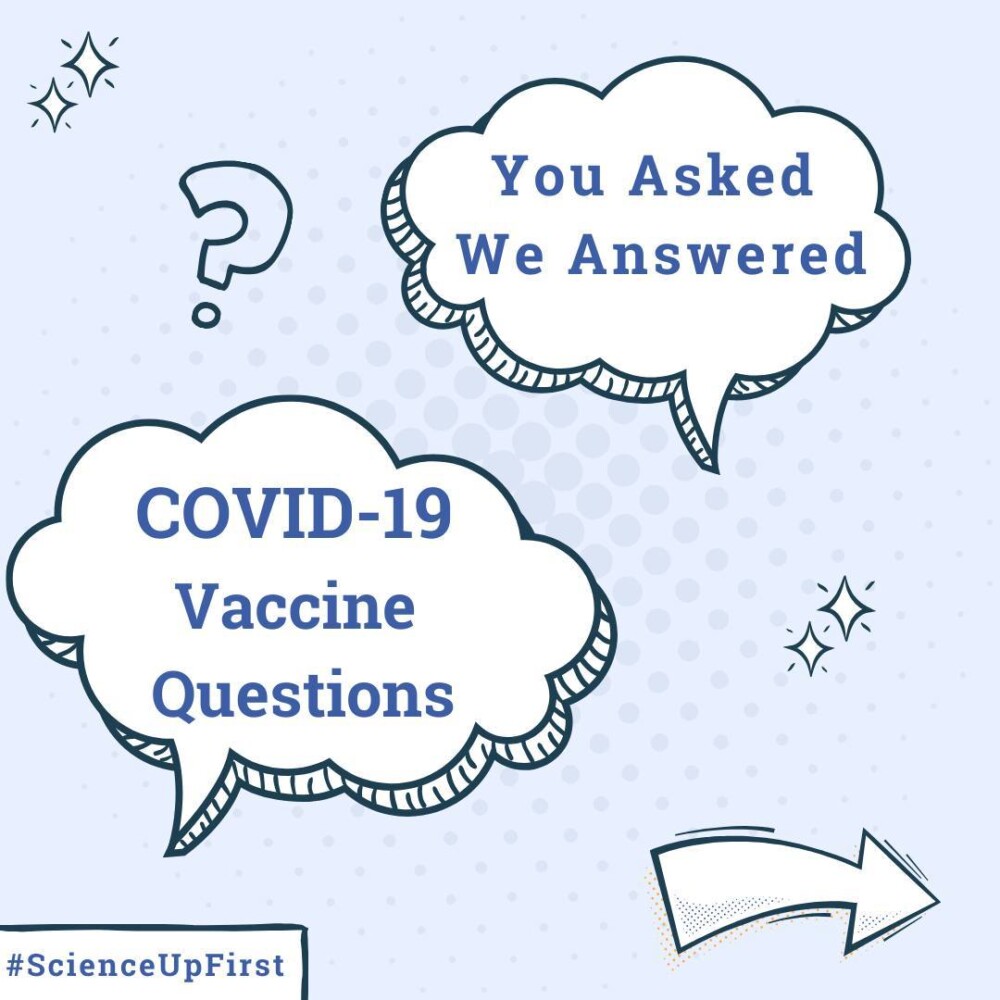
Many at-home COVID-19 tests have seen their expiration date extended. Why is that and are they still safe to use?
The expiration date signifies when a product’s safety or efficacy may be compromised due to potential loss of stability (1). Unlike medications, where using them beyond expiration can be harmful, the primary concern with at-home COVID-19 tests is efficacy rather than safety. Over time, the molecules needed for accurate results may degrade and result in a false negative (i.e. when a test appears negative but you actually are positive) (1,2,3).
At-home COVID-19 test expiration dates were determined through an accelerated stability test. In this test, the manufacturer exposes its product to extreme conditions in order to estimate how long the product should retain its stability in normal conditions. However, since this isn’t real-time testing, the product might remain effective beyond the initial expiration date (2,4,5). As time passes, more real-time stability data are collected and in some cases, the expiration date can be extended (4,6,7).
That is why the expiration date of many at-home COVID-19 test brands have been extended from 6 to 24 months after their manufacturing dates (check these references for lists of at-home COVID-19 tests that had their expiration date extended – (6, 8-16)).
Keep in mind, expired at-home COVID-19 tests are safe to use but may yield false negatives (2). If you’ve been exposed but show no symptoms, wait 2-5 days before testing – enough antigen needs to develop to be detected by the test (3,12,17,18,19). If you have symptoms, test immediately. In case of a negative result, re-test every 48 hours until you achieve 2 consecutive negatives (if symptomatic) or 3 consecutive negatives (if asymptomatic) (18,20).
If your rapid test has passed the extended expiration date, you can recycle the box and the instruction sheet and throw the rapid tests in the trash (8).
Share our original Tweet!
Many at-home COVID-19 tests have seen their expiration date extended. Why is that and are they still safe to use?#ScienceUpFirst
— ScienceUpFirst | LaScienced'Abord (@ScienceUpFirst) December 15, 2023
🧵[1/2] pic.twitter.com/0tYXPAOvEH
View our original Instagram Post!
View this post on Instagram
- Best Before and Expiration Dates on Foods – What do they mean? – Recalls and safety alerts | FR : Que signifient la mention meilleur avant et les dates d’expiration sur les aliments? – Rappels et avis de sécurité
- What if your COVID tests are expired?
- Testing for COVID-19: Test accuracy | FR : Dépistage de la COVID-19 : Exactitude des tests
- At-Home COVID-19 Diagnostic Tests: Frequently Asked Questions
- Expiration Dating and Stability Testing for Human Drug Products
- List of Medical Devices for Expanded Use in Relation to COVID-19 | FR : Liste d’instruments médicaux destinés à un usage élargi relativement à la COVID-19
- Testing for COVID-19: Test supply | FR : Dépistage de la COVID-19 : Approvisionnement en tests
- When to use a COVID-19 rapid screening test | FR : Quand utiliser un test rapide de dépistage de la COVID-19
- This letter is to inform regarding the extension of shelf-life expiration date for Rapid ResponseTM COVID-19
- Expanded Abbott ID NOW COVID-19 Test Shelf Life to 24 months
- At-Home OTC COVID-19 Diagnostic Tests
- Rapid Testing At Home
- ID NOW COVID-19 kit shelf-life expiry extended to 24 months
- POCT Panbio for COVID-19 Antigen Kit Shelf Life Expiry Change to 24 Months
- Self-Testing – COVID-19 Testing and Treatment Information
- Testing Advice and Guidance
- COVID-19 Testing: What You Need to Know
- Covid-19 Rapid Antigen Test (RAT)
- SARS-CoV-2 incubation period across variants of concern, individual factors, and circumstances of infection in France: a case series analysis from the ComCor study
- Information for patients: A guide to antigen self-testing for COVID-19 | FR : Renseignements pour les patients : Guide d’autodépistage antigénique de la COVID-19
- BTNX FAQ




